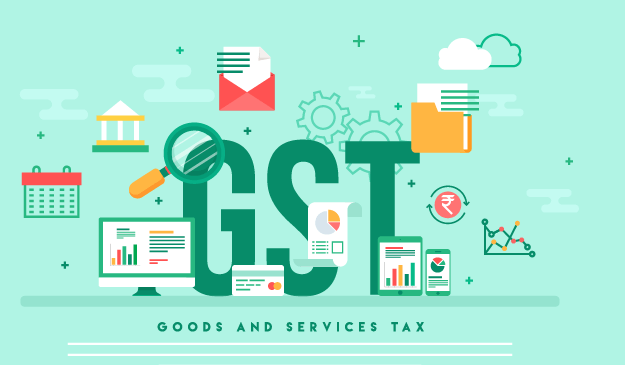What are the benefits of GST Registration?

The Goods and Services Tax (GST) is a consumption-based tax levied on the supply of goods and services in India. It subsumed various indirect taxes imposed by the Central Government, the State Governments, local authorities and other agencies at both Union & State levels like octroi, entry tax etc.
The GST was introduced as a part of India’s transition to a single-rate, destination-based common market for goods and services on 1 July 2017. With this move, India became one of the few countries worldwide with one uniform indirect tax regime across all states. And here are the important benefits of GST registration in India.
Reduced Compliance Burden
One of the biggest benefits of GST registration is that it simplifies compliance procedures for taxpayers and reduces their compliance burden. The online GST registration process via GSPs has been simplified to make it easier for small businesses to register themselves under the Goods and Services Tax (GST).
In addition, provisions have been made for compounding offenses under GST law by way of monetary fine or imprisonment up to 3 years or both, with a fine in case of non-compliance by small business units (SBUs) having turnover up to Rs 50 lakhs.
Under the MSME scheme, additional benefits are being provided, such as lower rates for composition scheme entities, exemption from reverse charge mechanism etc.,
Increased Credibility
GST registration is a mark of credibility. It shows that you are a serious business, not just someone who’s dabbling in the market for fun. If a business has been around for more than three years and has not registered, it might be time to re-evaluate its legitimacy.
Getting GST registered also helps build trust with your customers because they know that you’re responsible enough to follow regulations set by the government and pay taxes on time if applicable.
They can rest easy knowing that their money is going nowhere unless they receive their product or service first! Additionally, it’s beneficial when dealing with vendors, as they’ll need less proof that you’re legitimate before working with them (if any).
Interstate Supply
You can buy goods and services from other states without paying any additional taxes in your state. This will save you both time and money, as there is no need for two separate registrations in two states.
Another great benefit is that it will allow you to claim credits for taxes paid in other states while filing your sales tax return with the respective tax authorities.
Similarly, if your business has been paying higher than what they should’ve been paying due to non-compliance with GST laws or because they were unaware of them, then based on this information filed by you during your annual return filing period under GST law, there’s a chance that some amount may be refunded back into your account once everything gets sorted out properly.
Opting for Composition Scheme
Composition scheme is a simplified tax structure for small businesses with a turnover of less than Rs 75 lakhs. It allows you to pay a flat rate tax of 0.25% on your turnover and claim a refund of inputs within 180 days from the output tax payment date.
Once registered under GST, you must file quarterly returns and all supporting documents, such as invoices. If you do not file these returns on time or if some of your invoices are invalidated by the participants in the supply chain (manufacturers/wholesalers etc.), then an interest penalty can be levied on you by the government for failing to comply with this obligation.
In conclusion, registering for GST allows you to conduct business easily across the country. It helps in reducing the compliance burden and increases your credibility among customers. You can also opt for Composition Scheme if your business turnover exceeds Rs.1.5 crores per annum.




